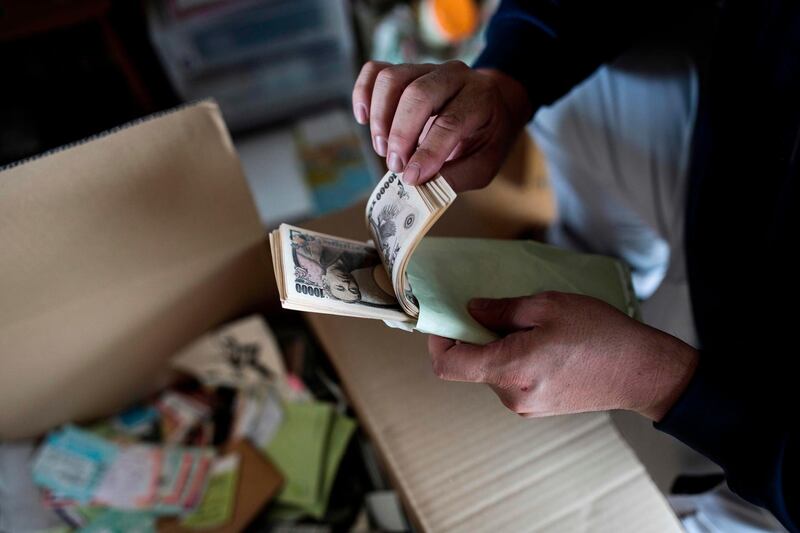The days of shady businessmen and bent strongmen closing deals in Africa with handshakes over bags of cash are drawing to a close, as global law enforcement agencies step in to do what local policing lacks the resources to do itself.
The UK's Serious Fraud Office (SFO) and the US's FBI and justice department investigations into suspect business dealings in South Africa are part of a growing list of such actions.
For instance, in August this year Israeli police arrested billionaire businessman Beny Steinmetz as part of a wide-ranging investigation by the FBI and Swiss police. Mr Steinmetz is suspected of, among other things, bribing officials in Guinea to secure a lucrative iron ore mining license, almost 10 years ago.
The alleged crimes did not occur on US soil, or even directly involve American companies or nationals, but US investigators have the Foreign Corrupt Practices Act (FCPA) in their arsenal. This law has been around since Watergate in the 1970s but usually applied only to US entities.
By the mid-2000s, however, US investigators were looking at how to respond to a changing global landscape where companies from around the world were competing for resources – and paying bribes if necessary to secure them. US firms, bound as they were by domestic anti-corruption laws, complained they were at a disadvantage when competing for contracts in some of the wilder parts of the world.
The US state department then figured a way to apply the FCPA more widely. So widely, that anyone who has a "certain degree of connection to the US and engages in foreign corrupt practices", is exposed to investigation. How far this "certain degree" goes is open to interpretation.
In Mr Steinmetz's case, sales in the US of diamonds from his African ventures, and a French lawyer on his payroll with an office in New York, were elemental enough to trigger an FBI investigation.
_____________
Read more:
World's second-largest furniture firm on rocks amid Enron-style suspicions
Changing face of racial land ownership in South Africa
_____________
Other countries have followed suit. The UK's SFO is investigating British American Tobacco (BAT) for Africa-related corruption. A company whistleblower claims BAT and other cigarette makers ganged up together and threatened up to eight countries with disinvestment if they introduced tobacco control measures that have saved millions of lives in the West.
The French have also been busy, investigating no less than three African ruling families for alleged corruption and hiding assets in France. In August charges were laid against the daughter and son-in-law of Congo's president Denis Sassou Nguesso, for alleged money laundering.
Investigators are especially interested in how they managed to pay €2.8 million (Dh12.1m) for a property in Paris' Neuilly-sur-Seine just north of the ritzy 16th arrondissement. French authorities say they have traced millions of euros of state money funnelled from the Congolese capital Brazzaville since 2007, to offshore accounts in the Seychelles, Mauritius Island and in Hong Kong, AFP reports.
These same investigative organisations have also set their sights on power-brokers accused of corruption in South Africa, the continent's largest industrial economy.
With a conviction rate exceeding 90 per cent, organisations such as the FBI could well help end the era of unfettered dollar diplomacy that has hampered African advancement.






